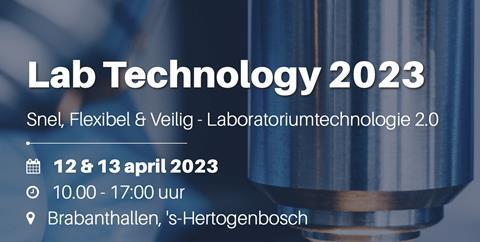Multiplexed effector function assessment of antibody glycoforms using ACE-MS.
Monoclonal antibodies (mAbs) consist of variable domain, interacting with the antigen, and a constant domain, necessary for an immune response via Fcγ receptors, as well as for mAb half-life by interaction with the neonatal Fc receptor (FcRn). Therefore, it is important to study the affinity of mAbs and their proteoforms with these receptors. Common approaches, such as SPR, provide an overall affinity response for all different mAb proteoforms rather than in a proteoform specific manner.
In his presentation, Gstöttner wants to show an innovative approach based on sheathless CE-MS to study relative affinities of different mAb proteoforms with the FcRn and FcyRIIa receptor. To determine the affinities, first the CE capillary was filled with the FcR followed by the injection of a mAb samples. The separation was performed using ammonium acetate pH 6 or 6.8 for FcRn or FcyRIIa, respectively. Gstöttner: “We will show that we are able to determine the affinity of mAb proteoforms as a consequence of their different mobility shifts, using different amounts of FcR in the background electrolyte. Hyphenation to MS allowed us to detect the mAb alone as well as in complex with one or two FcRs.”
Register now for Lab Technology.

About the speaker
Dr. Christoph Gstöttner obtained his PhD in 2021 at the Leiden University Medical Center (Netherlands) under the supervision of Prof. M. Wuhrer. His PhD research was focused on the development of electrophoretic but also chromatographic methodologies for the in-depth characterization of biopharmaceuticals such as monoclonal antibodies or newer antibody formats. In his postdoc research, he focuses on the development of new CESI-MS methods for the functional characterization of biopharmaceuticals and their affinity to Fc receptors.
















